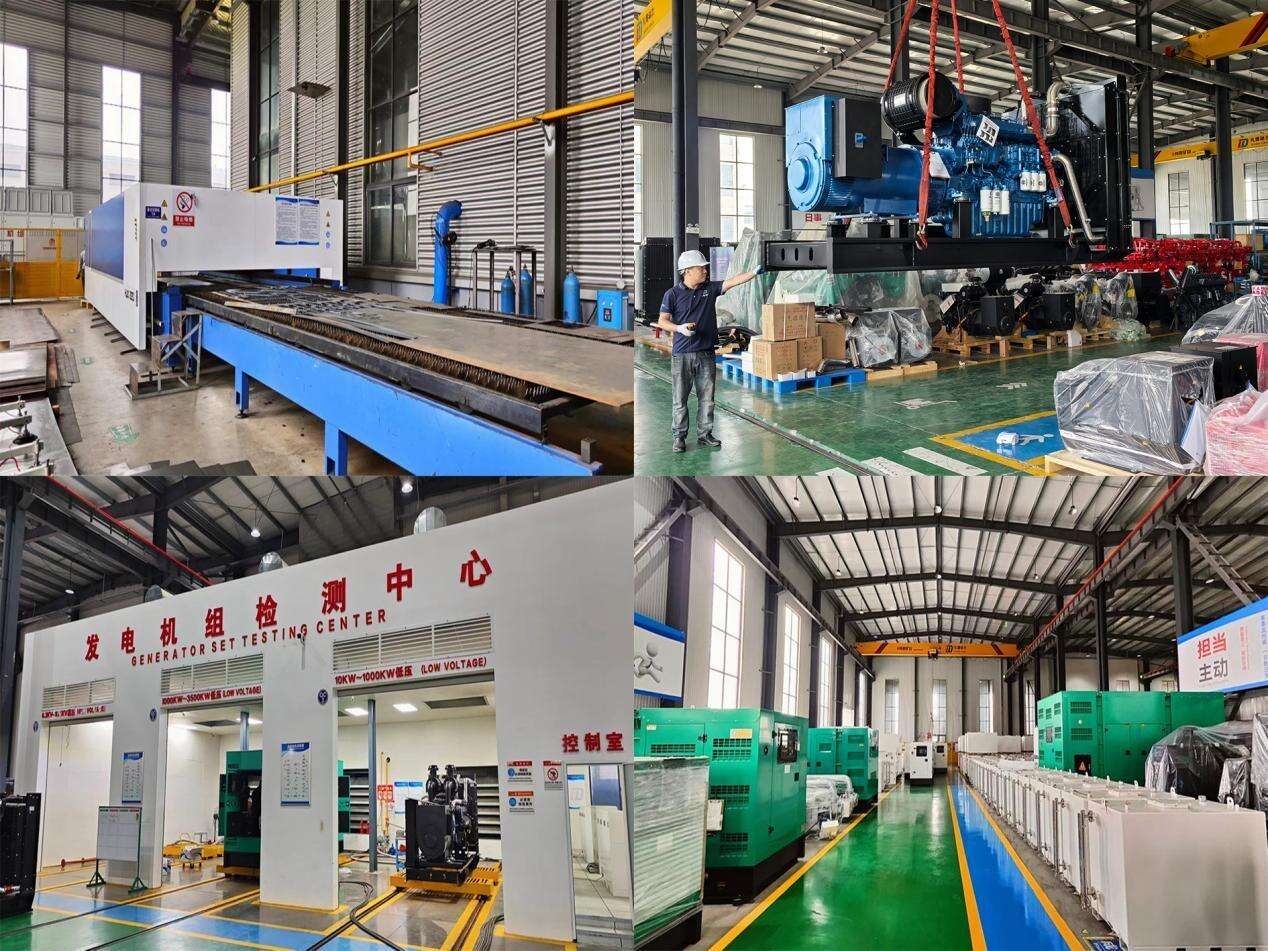An Overview of Methanol Generators
Methanol generators use methanol as a primary fuel source and are considered sustainable power generators. From diesel generators that use fossil fuel and emit carbon, methanol generators use methanol as a fuel source which is a safe and renewable carbon resource. Methanol generators are used for off-grid power supply, backup power for industrial facilities, and hybrid power setups. These generators are highly efficient to the point that their emissions are minimal and methanol is easily accessible and renewable.
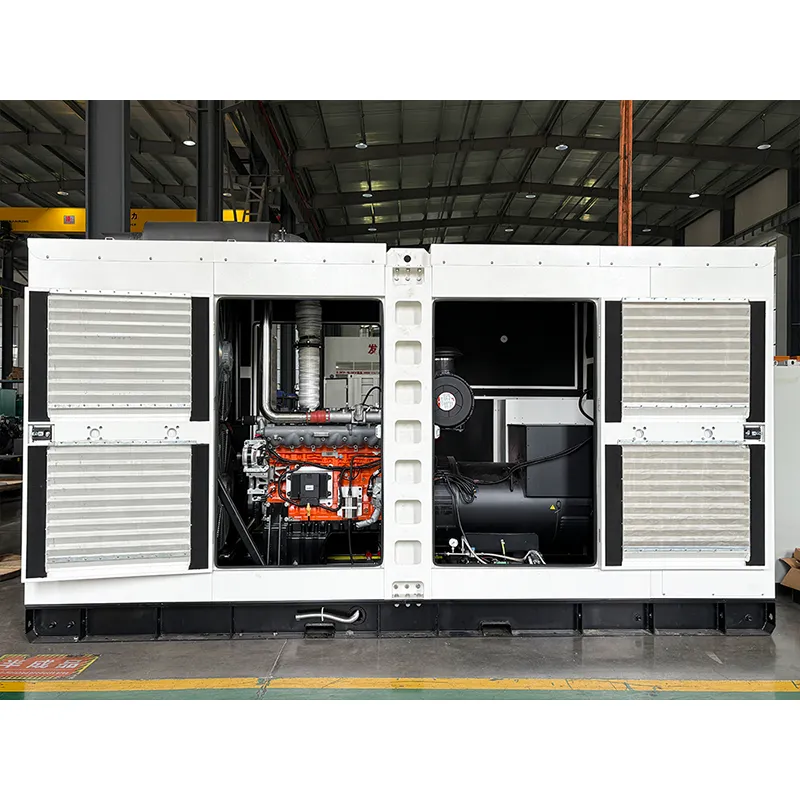
Unique Traits of Methanol as an Energy Source
Generators can use methanol as fuel for many reasons. First, methanol can be made from renewable sources, reducing the carbon footprint of the power generation process. This renewable energy source also helps the world reduce the use of non-renewable energy sources. Second, methanol can be safely stored as a liquid for long periods. Lastly, methanol has a cleaner combustion than other conventional fuels so it produces less soot and only a small amount of sulfide oxides. Methanol also helps in effective energy conversion as more of the fuel’s energy can be converted to electrical energy and usable power. All of these benefits present the performance and sustainability of a methanol generator.
The Working Principle of Methanol Generators
Methanol generators work by converting the chemical energy of methanol into electrical energy using either combustion or a fuel cell. In combustion engines, methanol is vaporized, brought into the right ratio with air, and introduced into the engine combustion chamber. Exothermic ignition either happens with a spark plug or through compression, and a controlled rapid expansion drives the engine pistons. The movement of the pistons gets converted into electrical energy by an alternator that is either stored or used immediately. In fuel cell generators, the process is primarily electrochemical. Methanol reacts with oxygen and a catalyst to produce electricity and water with a small amount of carbon dioxide without combustion. The electrochemical process is more efficient and has lower emissions than the combustion systems.
Advantages of Methanol Generators
Methanol generators have become a popular choice for a number of reasons. One of them is because renewable methanol is used. It also has a significantly lower greenhouse gas emission footprint than diesel or gasoline generators. Specialized fuel systems of these generators are made of corrosion resistant materials which, ensure long term use of the device. These generators have flexible applications. They can work reliably in off-grid locations, hybrid energy systems or under extreme environment conditions. Methanol is also a safer fuel for generators, more so than many alternative fuels. Lastly, in regions where the price of methanol is competitive, these generators are a viable option for both large and small scale power needs. They are also very affordable.
Practical Applications of Methanol Generators
Methanol generators serve practical purposes in many everyday situations. They can provide power to homes, small businesses, and farms in rural or remote areas without access to a power grid. They are used in a variety of industries as backup systems for grid power outages. They are also very effective in powering telecom towers, where a reliable electricity supply is vital to keep communication networks operational. The ability to easily transport methanol generators and their rapid deployment make them valuable in disaster response for powering relief shelters and other areas that need emergency power. They also work as part of hybrid renewable energy systems to prevent solar and wind energy from being intermittent and to provide continuous reliable electricity.



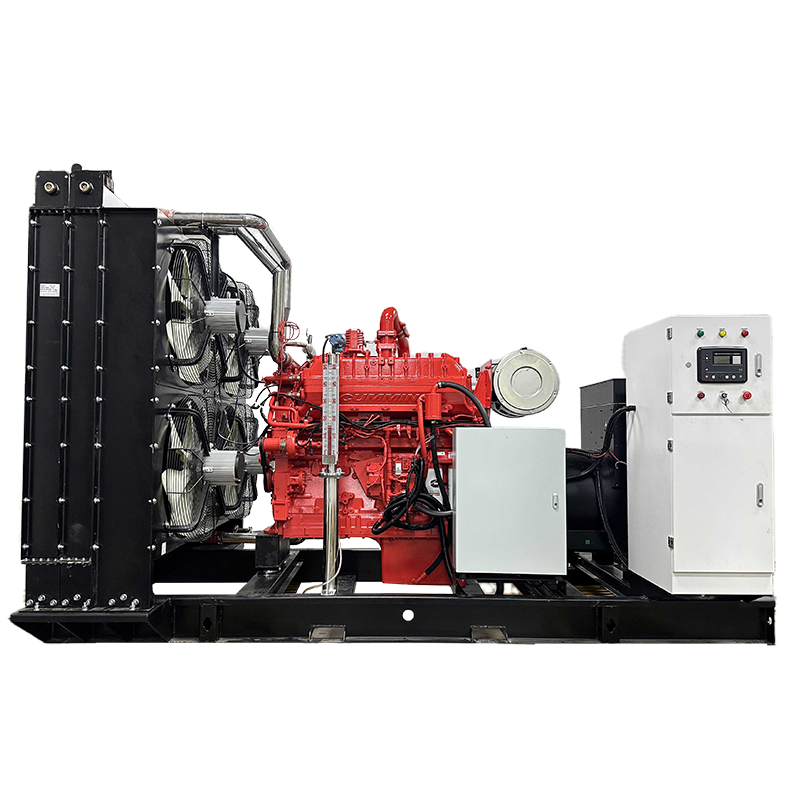
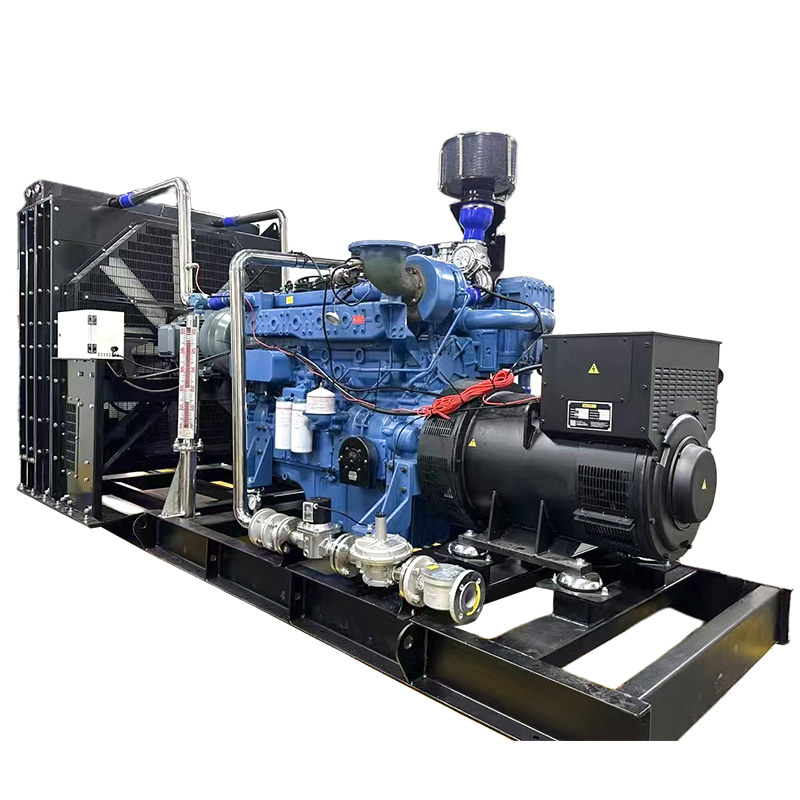
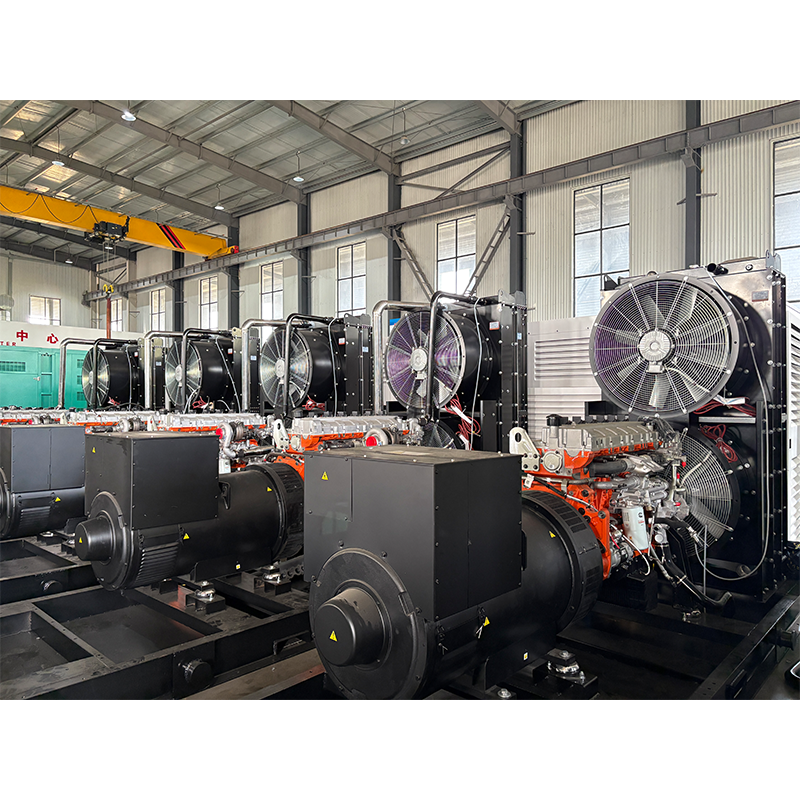
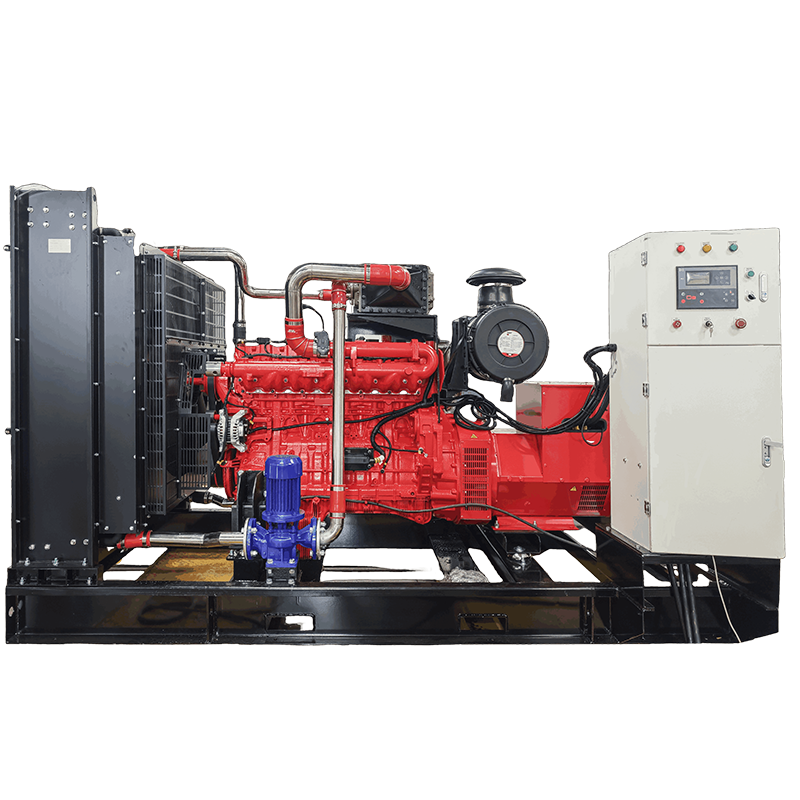
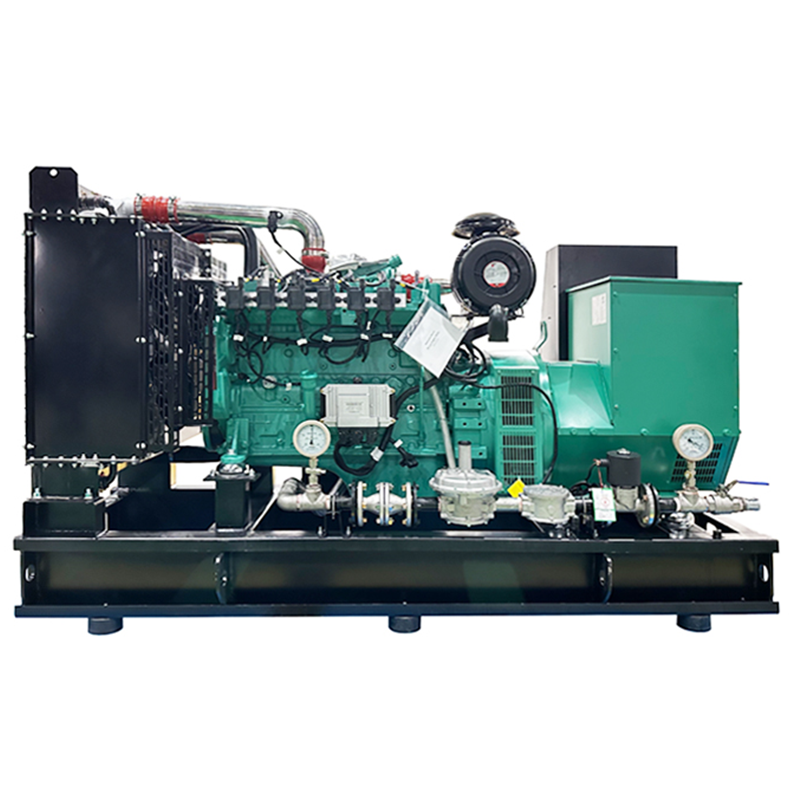
 Hot News
Hot News